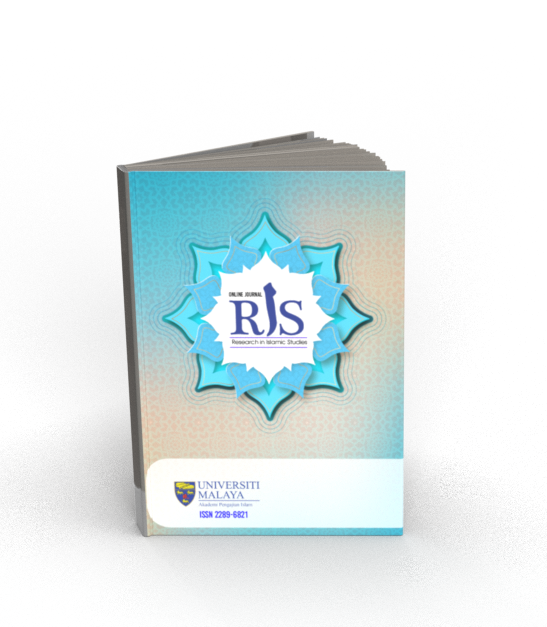Main Article Content
Abstract
Yemen has historically been plagued by war and internal upheaval, which has contributed to the geopolitical instability of the republic. The unrest that started 59 years ago has continued in Yemen until the current conflict. The unrest in this republic is brought on by a number of factors. These factors will be detemined and examined based on the perspective of the Honorable (YB) Tan Sri Dato Seri Haji Abdul Hadi bin Awang, Member of Parliament for Marang, Terengganu. Abdul Hadi Awang once went to Yemen in 2010 with a delegation from the Islamic Party of Malaysia (PAS) In order to offer a resolution to the crisis in this nation. Data collection and data analysis are the two main methods that were used. In this study, documentation approaches were used to obtain any relevant data. The thematic analysis and content analysis was utilised to analyse the data. The study's conclusions, in light of other researchers' work and the data provided, show that the causes of violence in the Republic of Yemen, as seen from Abdul Hadi Awang's perspective, are substantial. The power rivalry between Saudi Arabia and the Islamic Republic of Iran as well as the country's weak government are two factors that contribute to instability in the Republic of Yemen.
Keywords
Article Details
Copyright (c) 2022 Online Journal of Research in Islamic Studies

This work is licensed under a Creative Commons Attribution-NonCommercial-ShareAlike 4.0 International License.
Copyright Notice
By submitting manuscripts to the Online Journal of Research in Islamic Studies (RIS), authors agree to transfer copyright to the journal. However, authors may republish their work or grant others permission to republish it; in which case it should be accompanied by a proper acknowledgment that the work was originally published in the Online Journal of Research in Islamic Studies (RIS). The journal adopt CC-BY-NC licence which authors may also share and distribute their article anywhere of non-commercial website, social media and repositories immediately on publication.
Authors may also reuse the Abstract and Citation information (e.g. Title, Author name, Publication dates) of their article anywhere at any time including social media such as Facebook, blogs and Twitter, providing that where possible a link is included back to the article on the journal site.
